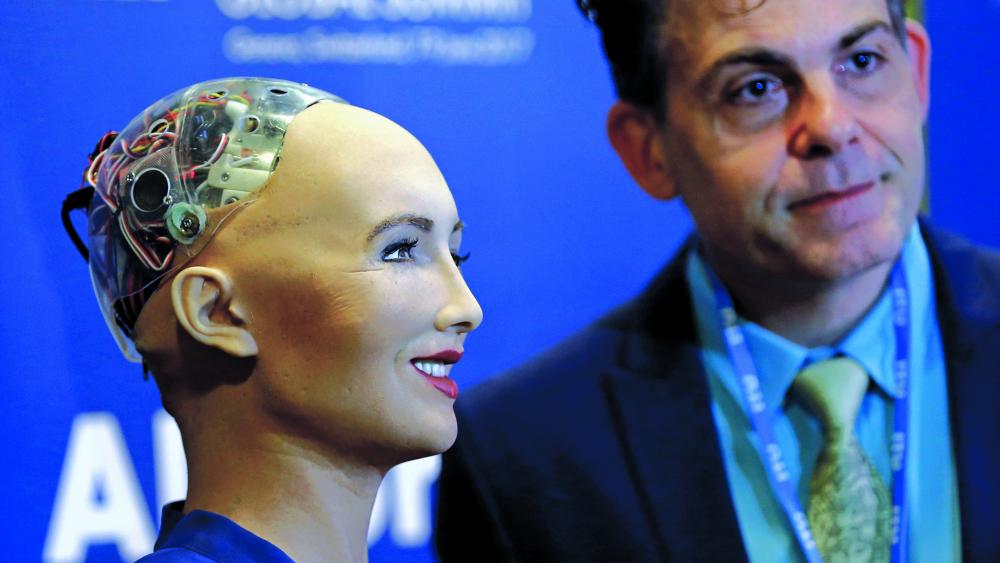Conventional computers need orders of magnitude more energy than the “computer” in our heads. Neural networks made of superconducting nanowires might come much closer to the real thing.



Infusions of artificial intelligence (AI) are making robots smart, social, and capable of interacting with people of all ages in a variety of settings.
Lex Fridman, a Postdoctoral Associate at the MIT AgeLab, had a conversation with Kai-Fu Lee on Chinese soul, Difference between cultures of AI engineering, Role of data in near-term impact of AI, Impact of AI on jobs, Facing mortality and other issues.
Lex Fridman, had a conversation with Kai-Fu Lee on Chinese soul, Difference between cultures of AI engineering, Role of data in near-term impact of AI, Impact of AI on jobs, Facing mortality.

Robots are making their way into New York City’s restaurants.
A growing number of dining spots throughout town are using machines to prepare all manner of food and drink, in many cases replacing the employees who would normally handle the task. Think gizmos that can do everything from slice a sushi roll into eight uniform pieces to mix the perfect happy-hour cocktail.
I listened to the first hour. it takes time… and the right frame of mind, but it’s worth it.
Jeff Hawkins is the founder of Redwood Center for Theoretical Neuroscience in 2002 and Numenta in 2005. In his 2004 book titled On Intelligence, and in his research before and after, he and his team have worked to reverse-engineer the neocortex and propose artificial intelligence architectures, approaches, and ideas that are inspired by the human brain. These ideas include Hierarchical Temporal Memory (HTM) from 2004 and The Thousand Brains Theory of Intelligence from 2017. This conversation is part of the Artificial Intelligence podcast. Audio podcast version is available on https://lexfridman.com/ai/
INFO:
Podcast website: https://lexfridman.com/ai
Course website: https://deeplearning.mit.edu
YouTube Playlist: http://bit.ly/2EcbaKf
EPISODE LINKS:
Thousand brain theory: http://bit.ly/2Xl83he
On Intelligence: https://amzn.to/322Qly4
Numenta: https://numenta.com/
OUTLINE:

China is the world leader in facial recognition technology. But is the state using it to violate the human rights of its citizens?

